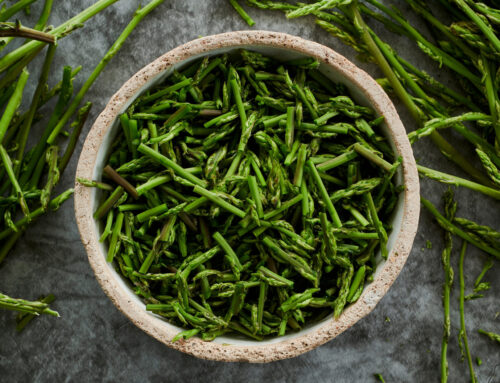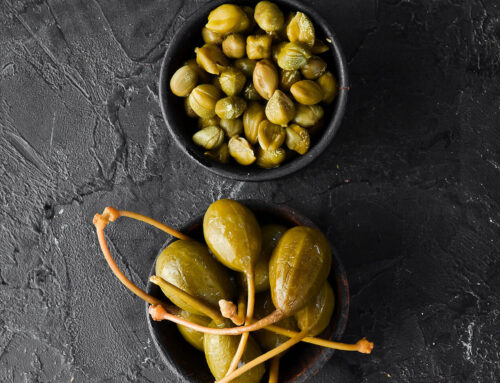Carob: A Nutritious and Earthy Greek Superfood
Carob, the fruit of the Ceratonia siliqua tree, is a versatile and nourishing ingredient that has been celebrated in Greek cuisine and traditional medicine for centuries. Often used as a natural sweetener and cocoa substitute, carob offers a range of health benefits and a unique, earthy flavor.
Carob: A Mediterranean Staple
Carob trees are native to the Mediterranean region and have been cultivated in Greece since ancient times. The trees produce large, brown pods that contain a sweet, edible pulp and hard, inedible seeds. The pulp is typically dried, roasted, and ground into a fine powder known as carob powder, which can be used in a variety of culinary applications.
Nutritional Profile
Carob is a nutrient-dense food, providing a good source of dietary fiber, vitamins, and minerals. It is particularly rich in calcium, potassium, and antioxidants, such as polyphenols and flavonoids. Carob also contains natural sugars, giving it a mildly sweet taste that can be used to sweeten dishes without the need for added sugars.
Health Benefits
The consumption of carob has been linked to several health benefits, including:
Digestive Health
Carob is high in dietary fiber, which promotes healthy digestion and can help prevent constipation.
Heart Health
The antioxidants and polyphenols in carob may help lower LDL (bad) cholesterol levels and support overall heart health.
Blood Sugar Control
Carob has a low glycemic index, making it suitable for people with diabetes and those looking to maintain stable blood sugar levels.
Weight Management
Carob’s high fiber content and natural sweetness can help satisfy cravings and control appetite, supporting healthy weight management.
Culinary Uses
Carob powder is a versatile ingredient in Greek cuisine, used in both sweet and savory dishes. It is often utilized as a natural sweetener and cocoa substitute in baked goods, such as cookies, cakes, and pastries. Carob can also be found in beverages, such as carob tea and carob syrup, which are enjoyed for their distinct flavor and health benefits. In addition, carob flour can be used in traditional Greek dishes like breads and pasta.
Sustainability and Supporting Local Producers
Carob trees are well-adapted to the Mediterranean climate and require minimal water and maintenance, making them a sustainable and environmentally friendly crop. By opting for carob products, you can support sustainable agricultural practices and promote the use of local ingredients. When purchasing carob products, consider supporting local, small-scale producers who employ traditional cultivation and processing methods, helping to preserve the cultural heritage and unique flavors of Greek carob.
Carob is a nutritious and earthy Greek superfood that offers a unique combination of taste, health benefits, and sustainability. By understanding its distinct properties and incorporating it into your diet, you can fully appreciate the role of carob in Greek cuisine. Culinary arts students, chefs, researchers, and food enthusiasts can all benefit from embracing this fiber-rich, nutrient-dense ingredient in their cooking and dietary practices, adding a touch of Greek tradition and healthful nourishment to their meals. Supporting sustainable cultivation practices and local producers ensures the continuation of this ancient culinary ingredient and its positive impact on Greece’s agricultural heritage and local communities.



